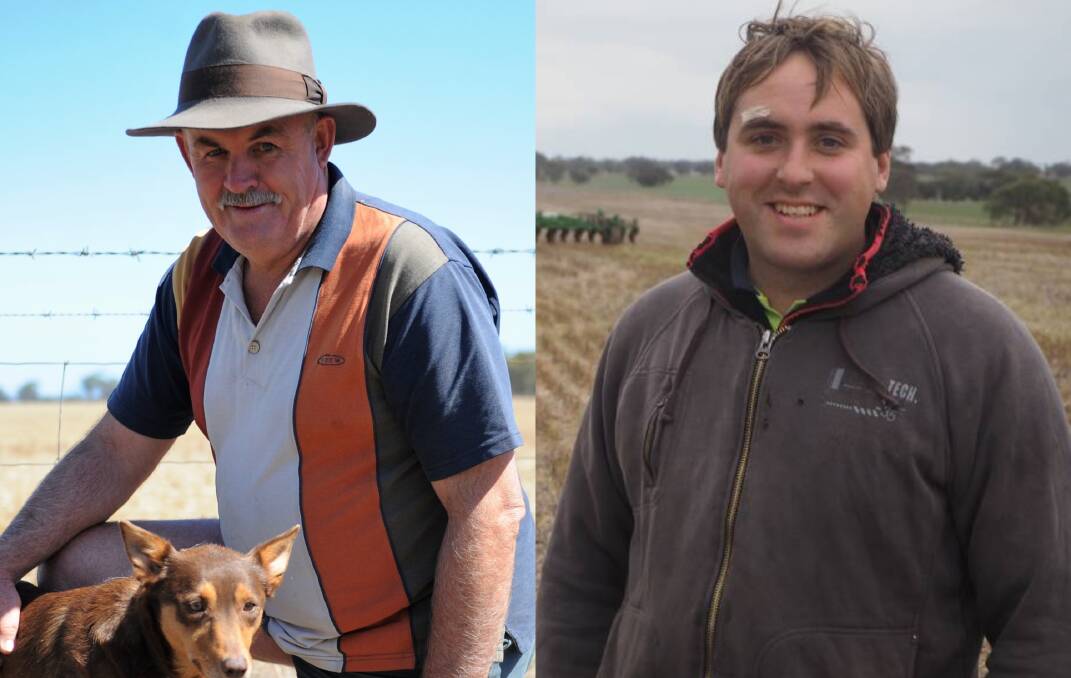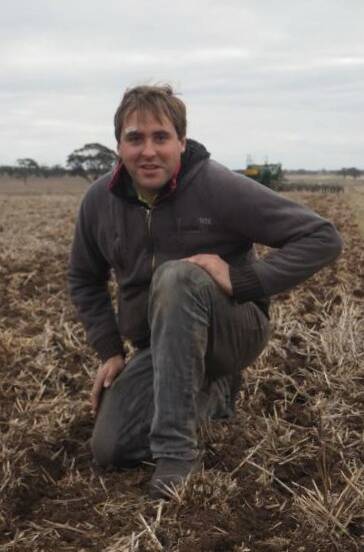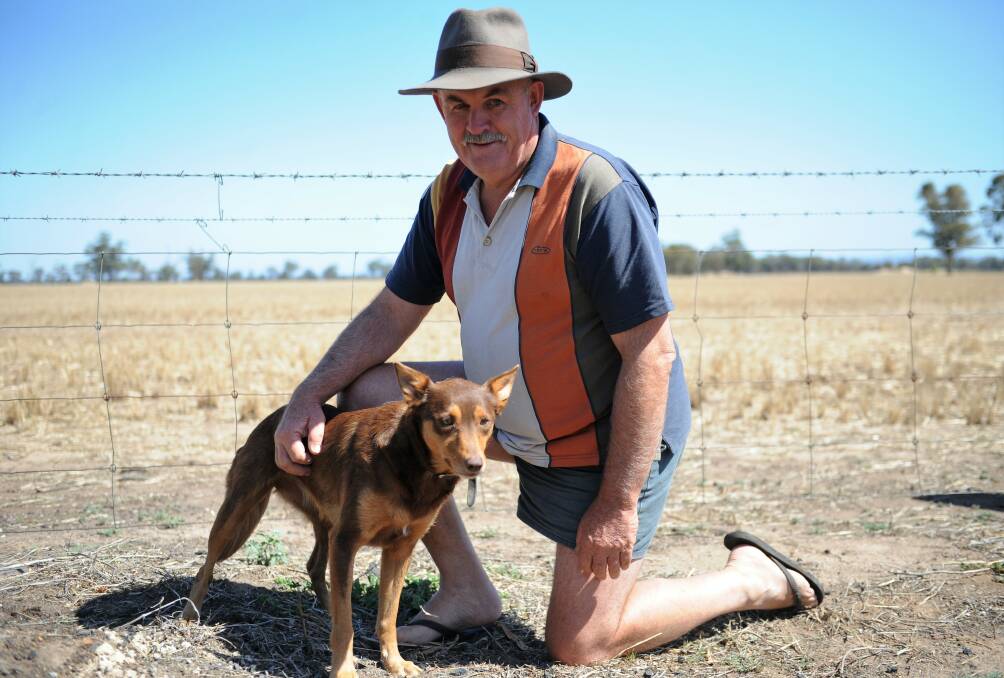
Kaniva farmer Jonathan Dyer returned to his family farm in 2010, two years after the global financial crisis upended his previous line of work.
Subscribe now for unlimited access.
$0/
(min cost $0)
or signup to continue reading
Mr Dwyer, a Nuffield Scholar, is now hopeful the economic impact of COVID-19 could lead to a similar increase in people turning to agriculture.
Agriculture in the Wimmera has thus far largely avoided the negative consequences of the global pandemic, and Mr Dyer said it could be an appealing alternative for many young graduates and skilled labourers.
"It's just a reflection of my experience. I entered the workforce in 2008, six months before the GFC," he said.
"The corporate finance-type world that I was working in was really hit hard. At the time I was missing out on pay rises and not being able to progress in my career, because of the GFC and things that were out of my control.
"That was one of the biggest things that led me to come back to try life on the farm."

To the surprise of his parents, Mr Dyer returned to his family's Kaniva farm and has remained for the next decade.
"It wasn't just me either," he said. "During that 2010 to 2013 period, there was a whole swag of young guys my age or slightly younger moving back to Kaniva to take up spots on family farms, or to work in ag.
"I couldn't say it was all because of the economics of the time, but it certainly played its part."
With Australia last month entering a recession for the first time in three decades, and latest figures showing unemployment at 6.8 per cent, Mr Dyer said a similar migration could happen once again.
Victorian Farmers Federation Wimmera branch president Graeme Maher agreed that agriculture in the Wimmera was an appealing industry in 2020.
He said he had already seen an influx of young people returning to family farms this year.
"That move is already happening. There's a generation that has gone away and done their thing, whether that be banking or finance or whatever, and are now keen to return," he said.
"Maybe they were planning (to return) anyway, but being cooped up in an apartment in Melbourne might have helped a few people realise that being able to do things on a farm isn't actually that bad."
Mr Maher added that the new crop of returning farmers provided "balance, perspective, and a different way of thinking".
"They're not necessarily going to do it the way grandpa did, and I think that's a particularly good thing," he said.
"It's going to be a real positive for the future."

Mr Maher, however, said he was not sure there would be enough job openings in several years time if an influx of graduates turned to agriculture.
"I'm just not sure if the positions are going to come, and whether people could make spots for them or not," he said.
"The graduates will be there ... but often people are searching for very specialist skills.
"I'm not sure the likes of me will be hiring nothing but farmhands with a tertiary education in five years time."
READ MORE:
Mr Dwyer said he hoped all types of skilled workers could be drawn to the Wimmera.
"I hope it's not just farmers. We need engineers, agronomists, technical support, all kinds of things to keep us going," he said.
With a promising season in store, Mr Dwyer added that there had scarcely been a better time to be involved.
"Agriculture and farming in the Wimmera is flying. We're having a great time of it at the moment," he said.
"When I made the move, people were horrified when I told them what I was doing. People kept saying farming is so unreliable, so up and down. But it turns out the job market is pretty unreliable too.
"It's a profitable industry, there's more tech coming along that makes us better, and the last few seasons have been fairly favourable.
"It's a great industry to be in."
Did you know you can receive updates straight to your inbox? To make sure you're up-to-date with news from across the region, sign up below.


